1. Times change
Like a huge stone in a pond, news temper nature Give a description of the University of Utrecht’s decision to abandon the “impact factor” (Impact factor) as a criterion for the recruitment of academics and technicians. The reason for this lies in an objective fact that has been increasingly revealed by multiple studies: the influence factor does not reflect the true quality inherent in a particular academic research or production, but rather reflects the influence (and also cause) of commercial interests that they developed around a strong oligopoly of international publishers, which It means that articles published in cited journals contain more than articles published in journals that do not have the same ability to be projected.
This diagnosis is not new, nor does it appeal to the need to do something to change the situation that is holding back institutions, human, financial and scientific resources. The novelty lies in the courage to programmatically assume that these pointers will be replaced by others, with a broader scope, among them the commitment to open science. Such a decision would certainly not be taken lightly, as it could have direct implications, for example, on the evaluation of research units and on the “rankings” of university institutions, with similar direct consequences for the ability to obtain funding and attraction. the students. Therefore, if a university in a scientifically mature environment such as that of the institution in question makes this decision, with the risks involved, there are strong reasons to believe that we are in fact facing clear signs of constant change, and it is. Equally, it is likely that the University of Utrecht will increasingly be accompanied by this groundbreaking decision.
2. The paradigm is changing
During an intense period of discussion of ideas and harmonization of perspectives, which largely coincided with the global experience of the pandemic, UNESCO encouraged an ambitious process of collective building Open Science Recommendation, which was recently measured by the contribution of representatives of its 193 member states, and just weeks away from its official launch, in Forty-first session of the UNESCO General Conference, which will take place between 9 and 24 November. The highly participatory nature of this movement and its global intersectionality clearly demonstrate that building such a broad consensus on this issue has reached the point of no return in appreciating science as a common good. From him comes the central principle of making science as open as possible, keeping only what is absolutely necessary closed (“Open as much as possible, closed only when necessaryThe first opportunity to put this basic principle to the test came with the pandemic context in which we were living: vaccines for COVID-19 would not have been found so quickly without the widely shared scientific data and studies, as well as the financial resources to boost them. The patent debate also shows that there is still a long way to go, but a paradigm shift is certainly underway.
3. Commandments together
Results depend on each person’s effort and shared commitment. The University of Coimbra is proud to be part of the central core of one such community-wide will gathering spaces, the Federation Processes, which aims to coordinate and standardize resources in Europe to respond effectively to the academic communication needs of researchers in the humanities and social sciences. OPERAS was recently selected by European Strategy Forum on Research Infrastructure (ESFRI) as one of 11 new high-potential digital infrastructures to celebrate the evolution of science in the next 10-20 years (part of ESFRI Program 2021), in particular for its commitment to one of the EU’s programmatic priorities (digital transformation). The results of OPERAS’ work can already be seen, notably through Project TRIPLE, which has just launched the beta version of the GoTriple digital platform (www.gotriple.eu), a multidisciplinary, multilingual knowledge-sharing space targeting humanitarian companies. and social sciences and humanities.
The paradigm shift resulting from open science is as challenging as it is ambitious task, but safe steps are being taken towards achieving it.

“Wannabe internet buff. Future teen idol. Hardcore zombie guru. Gamer. Avid creator. Entrepreneur. Bacon ninja.”
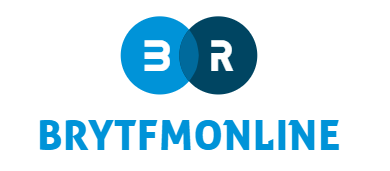

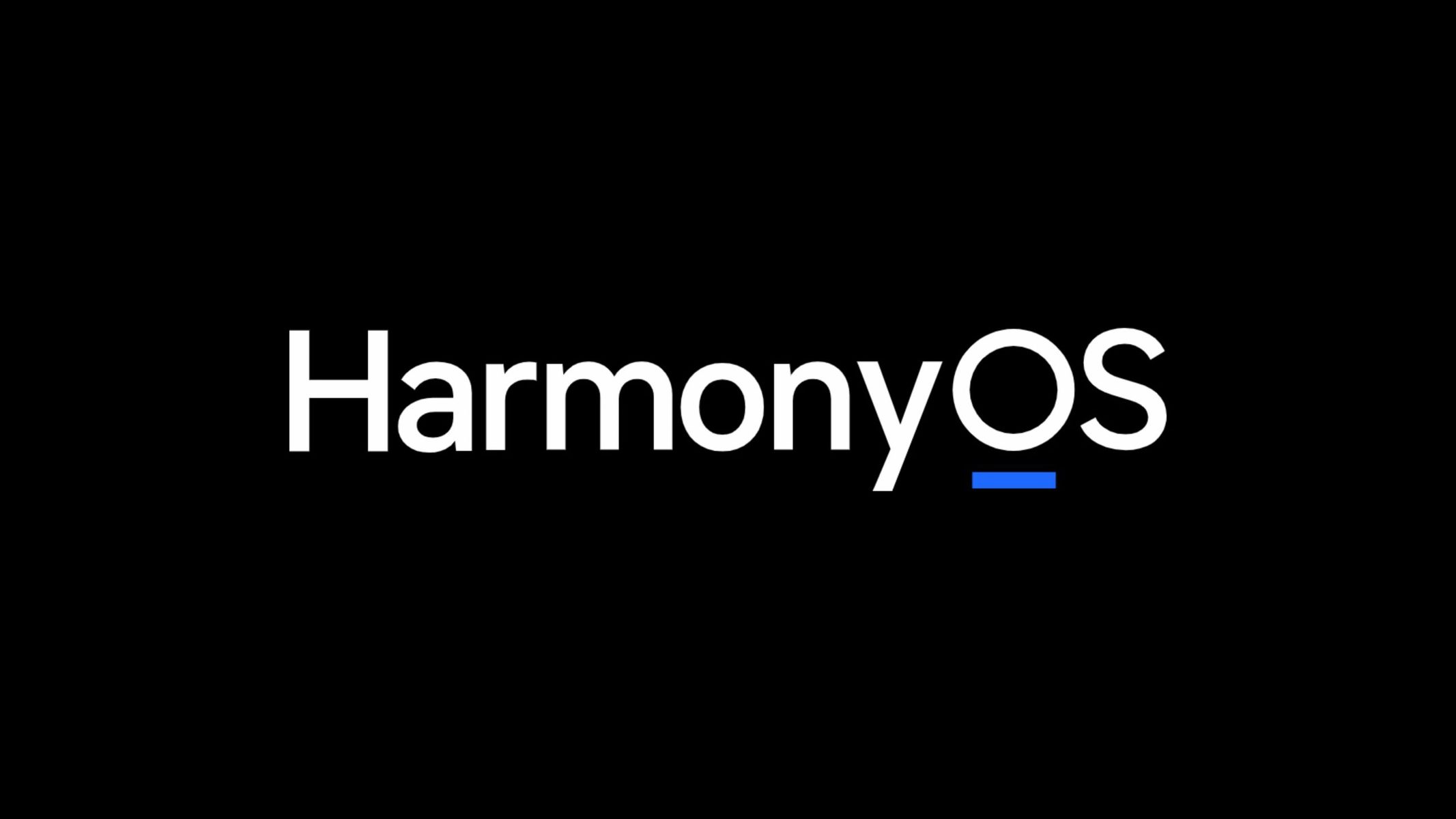
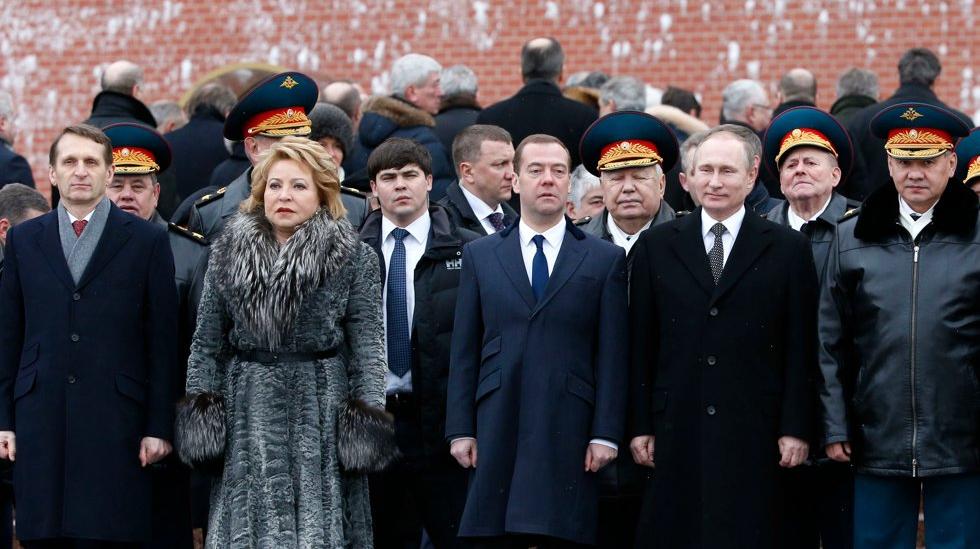

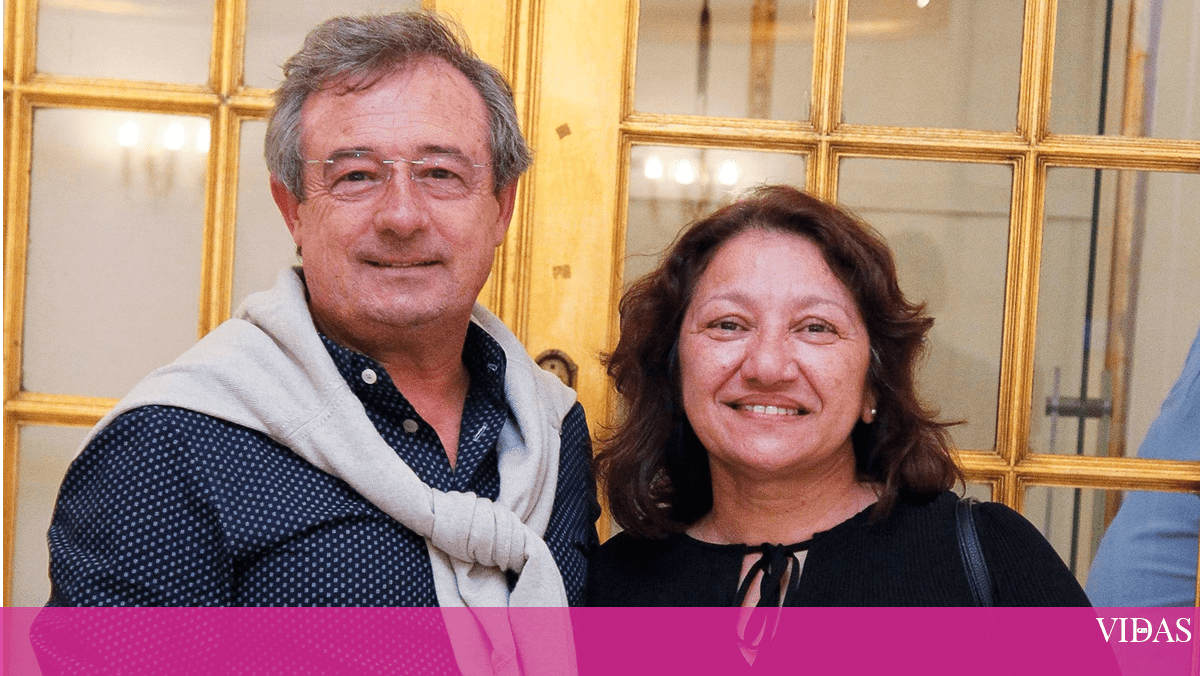
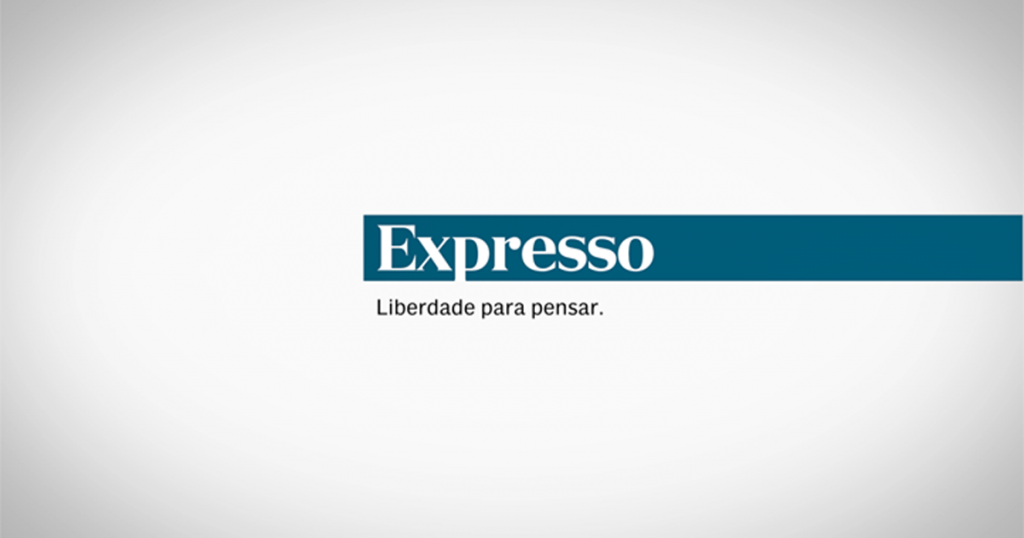
More Stories
Health Radar: The planet continues to gain weight – and at an earlier age
Science advances faster than systems or social cognition
Key cells have been identified to prevent atherosclerosis in progeria syndrome